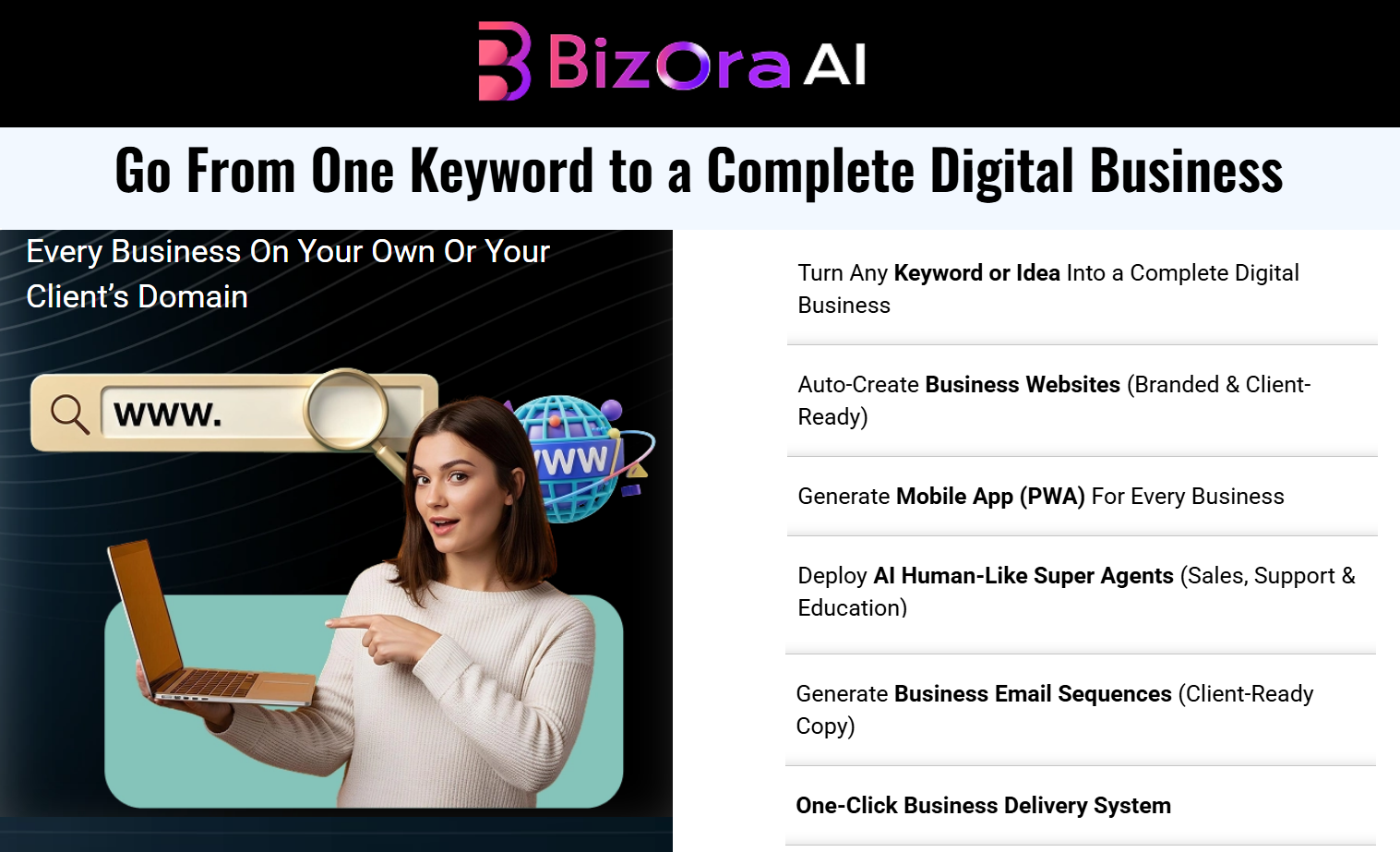Illustration by Alex Castro for Forbes; Photo by iStock/Getty Images
Jeff Ferro, chief executive of Baker Tilly, the nation’s 10th largest accounting firm, had reached an uncomfortable conclusion: To stay competitive, his firm had to invest more in technology, mergers and new hires than its 570 partners, many nearing retirement, could or would cough up. The nine decade old Chicago based partnership needed an outside investor…..Continue reading….
Source: Forbes
.
Critics:
Leveraged buyout (LBO) refers to a strategy of making equity investments as part of a transaction in which a company, business unit, or business asset is acquired from the current shareholders typically with the use of financial leverage. The companies involved in these transactions are typically mature and generate operating cash flows.
Private-equity firms view target companies as either Platform companies, which have sufficient scale and a successful business model to act as a stand-alone entity, or as add-on / tuck-in / bolt-on acquisitions, which would include companies with insufficient scale or other deficits. Leveraged buyouts involve a financial sponsor agreeing to an acquisition without itself committing all the capital required for the acquisition.
To do this, the financial sponsor will raise acquisition debt, which looks to the cash flows of the acquisition target to make interest and principal payments. Acquisition debt in an LBO is often non-recourse to the financial sponsor and has no claim on other investments managed by the financial sponsor. Therefore, an LBO transaction’s financial structure is particularly attractive to a fund’s limited partners, allowing them the benefits of leverage, but limiting the degree of recourse of that leverage.
This kind of financing structure leverage benefits an LBO’s financial sponsor in two ways: (1) the investor only needs to provide a fraction of the capital for the acquisition, and (2) the returns to the investor will be enhanced, as long as the return on assets exceeds the cost of the debt.
As a percentage of the purchase price for a leverage buyout target, the amount of debt used to finance a transaction varies according to the financial condition and history of the acquisition target, market conditions, the willingness of lenders to extend credit (both to the LBO’s financial sponsors and the company to be acquired) as well as the interest costs and the ability of the company to cover those costs.
Historically the debt portion of a LBO will range from 60 to 90% of the purchase price. Between 2000 and 2005, debt averaged between 59.4% and 67.9% of total purchase price for LBOs in the United States.Companies that seek growth capital will often do so in order to finance a transformational event in their life cycle.
These companies are likely to be more mature than venture capital-funded companies, able to generate revenue and operating profits, but unable to generate sufficient cash to fund major expansions, acquisitions or other investments. Because of this lack of scale, these companies generally can find few alternative conduits to secure capital for growth, so access to growth equity can be critical to pursue necessary facility expansion, sales and marketing initiatives, equipment purchases, and new product development.
The primary owner of the company may not be willing to take the financial risk alone. By selling part of the company to private equity, the owner can take out some value and share the risk of growth with partners.Capital can also be used to effect a restructuring of a company’s balance sheet, particularly to reduce the amount of leverage (or debt) the company has on its balance sheet.
A private investment in public equity (PIPE), refer to a form of growth capital investment made into a publicly traded company. PIPE investments are typically made in the form of a convertible or preferred security that is unregistered for a certain period of time. The Registered Direct (RD) is another common financing vehicle used for growth capital. A registered direct is similar to a PIPE, but is instead sold as a registered security.






Leave a Reply